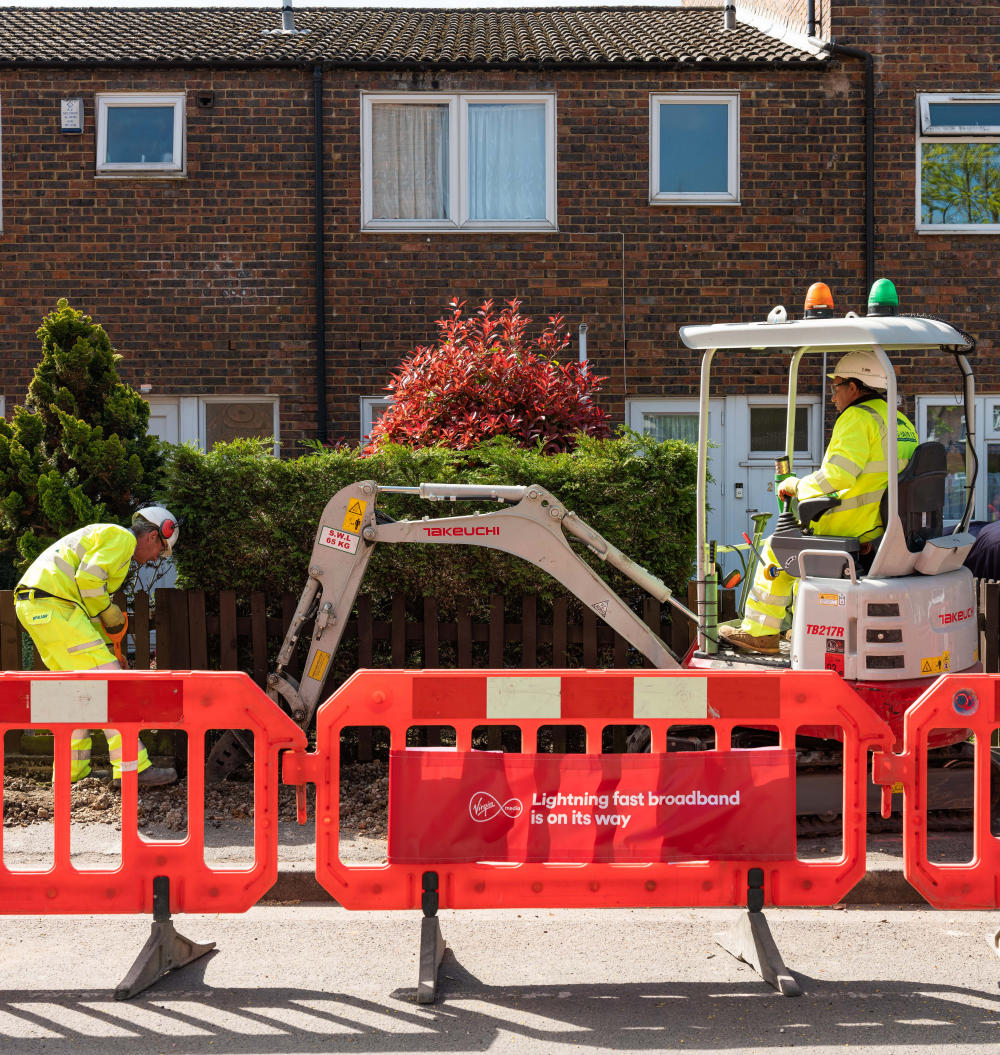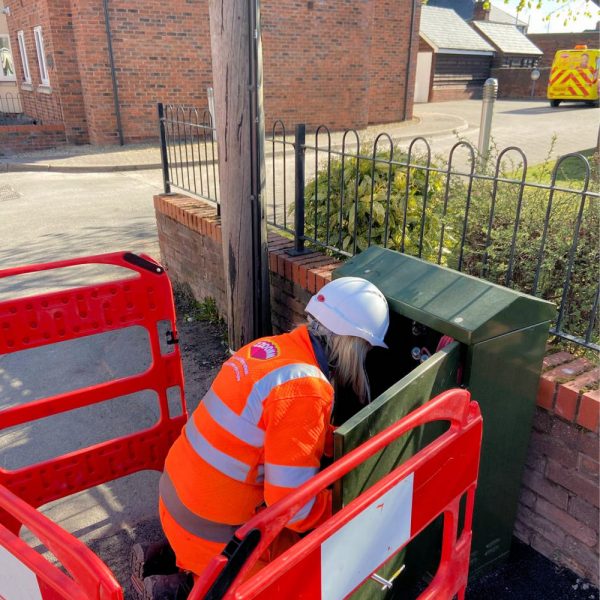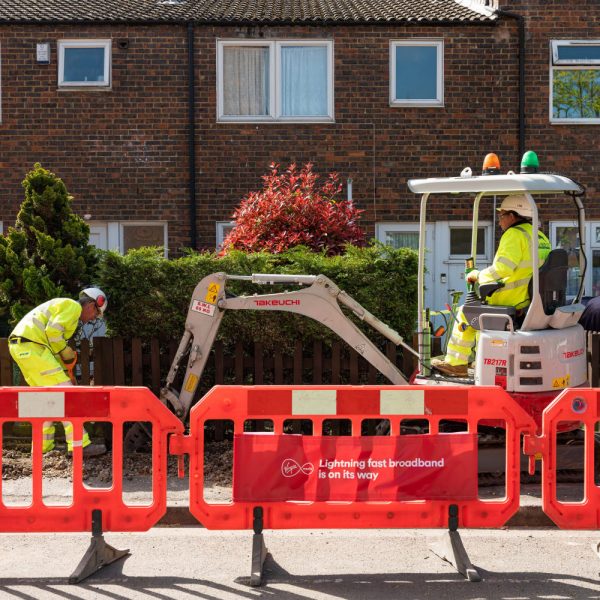UK Researchers Working to End Internet Video Buffering on ISP Connections
Researchers at the University of Aberdeen (UA) in Scotland, supported by BT and Alcatel-Lucent, are seeking to “increase the speed of the Internet” by re-writing the way computers and network devices (e.g. routers) talk to each other so as to improve latency times (ping) and potentially make multiplayer games and video streaming smoother.
Latency represents perhaps one of the internet’s most unsung measures of performance where the general rule of “lower is better” almost always applies. Unlike download and upload speeds, which measure the amount of information that can be transferred, latency measures the time delay (in milliseconds) that it takes for a networked server or device to respond.
For example, if you send a picture to one of your friends over the internet, that picture will have to make contact with a number of different devices (e.g. your router and other internet servers). Each “hop” from one device/server to the other will attract some delay as it takes a tiny amount of time to process and then re-rout the packet of information (a bit like hopping from one plank of wood to another on a perilous bridge, you need to think before each leap).
Latency is therefore more important to time-sensitive services, such as internet voice calls (VoIP), VPN, financial trading, fast paced multiplayer gaming and, to an admittedly lesser extent, video streaming and IPTV services. In these environments even a small delay can result in pauses, synchronisation and or serious connectivity problems.
Professor Gorry Fairhurst, UA Internet Engineer, said:
“It’s a problem we all notice when you’re using a program like Skype. If anyone else in the house is watching a video at the same time – your video connection becomes jerky and often crashes. This affects gamers who want to play online in real time and companies doing stock training – both end up buying special and expensive internet connections to make these work, but often it’s not more bandwidth that’s needed to go faster – it’s less delay.
We think we can reduce this delay by making a set of small but important changes to the way computers and the network process the Internet data.”
Michael Cooper, CTO of BTs Radianz Services, said:
“Ultra-low latency is critical to dealing and financial information services, and BT is keen to see if enhanced standard Internet protocols can outperform bespoke finance software.”
In fairness we don’t think that the video streaming example is the best one to use as, more often than not, the real culprit of so-called “buffering” or pauses in the stream is usually down to a routing, traffic management or congestion related problem at the ISP. If your video buffers (pauses) because it requires a 3Mbps connection and you only have 2Mbps then better latency won’t be of much help.
Never the less the €3.57m EU funded Reducing Internet Transport Latency (RITE) project aims to improve latency by targeting improvements at the “large buffers hidden inside the network equipment“, which apparently add to delay because they’ve typically been more focused towards improving raw internet speed than response time.
Professor Fairhurst added:
“Our vision is that the new methods will actually be adopted by the industry and we feel that’s a credible possibility. We’re focussed on one defined problem and we think there are fixes for this, but we have to change the current standards for the Internet.
This isn’t something that companies like Microsoft and Apple will undertake lightly, but we expect they’ll take up what we’re doing because this has benefits for everyone. If we can’t do something that the rest of the world stands up and says – ‘ok I get it, we’ll standardise it’, then we’ve failed.”
The project, which officially got underway in November 2012, has also roped in experts from Simula Research Labs (team leaders from Norway), the University of Oslo (Norway), Karlstad University (Sweden) and Institut Mines-Telecom (France).
The hope is that RITE’s focus on smart software tweaks to your operating system or network equipment, not just heavy investment in more hardware capacity, will deliver an improvement that’s both easy and cheap to adopt. But as Fairhurst suggests, actually getting a new standard agreed and then deployed is usually the hardest part.
The team claims to “already have a number of ideas up [its] sleeves” to improve latency times, although we suspect that it could be several years before any related developments make it into the wild. Alcatel-Lucent has pledged to help test RITE’s results for running interactive video applications on its broadband network products, while BT will test the project’s outputs for their Radianz Cloud platform (used by financial communities).
Mark is a professional technology writer, IT consultant and computer engineer from Dorset (England), he also founded ISPreview in 1999 and enjoys analysing the latest telecoms and broadband developments. Find me on X (Twitter), Mastodon, Facebook and Linkedin.
« Isle of Wight Cable Operator Slams Councils Biased BT Broadband Plan
Latest UK ISP News
- FTTP (5524)
- BT (3518)
- Politics (2540)
- Openreach (2298)
- Business (2264)
- Building Digital UK (2246)
- FTTC (2044)
- Mobile Broadband (1975)
- Statistics (1788)
- 4G (1666)
- Virgin Media (1621)
- Ofcom Regulation (1463)
- Fibre Optic (1395)
- Wireless Internet (1389)
- FTTH (1381)
























































Comments are closed